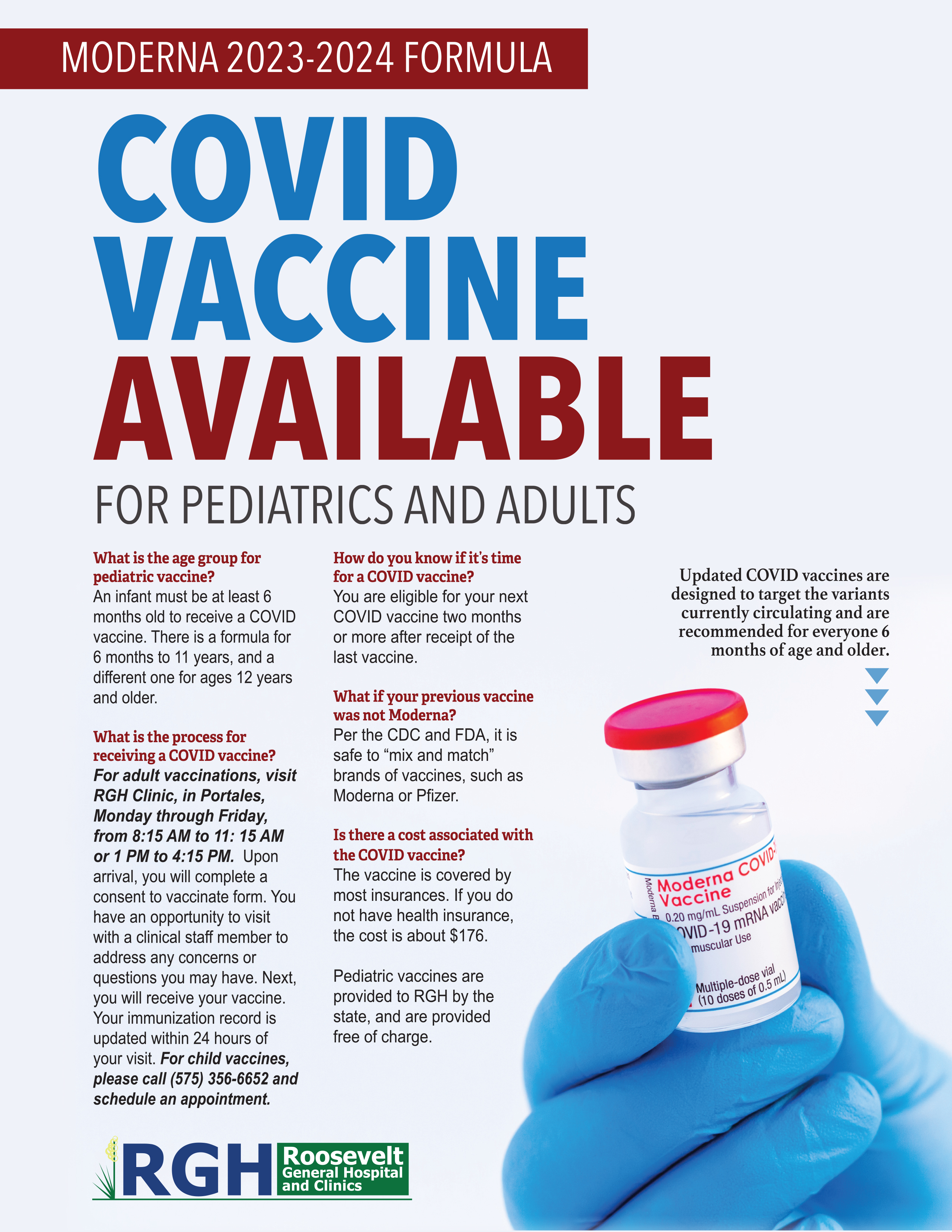By Glen Bowman | 3rd & Kilgore Church of Christ
Lord willing, we will focus this month on the idea of going “Back to School.” As Christians, we should always be learning (2 Timothy 2:15), so the idea of us going back to school on some topics seems wise (Proverbs 1:5). This week, we plan to examine the idea of learning about others. People are not always easy to read and that seems even more apparent through God giving a spiritual gift for people to discern others’ spirits (1 Corinthians 12:10). Even without this gift, God gives us wisdom on how to do this (and how not to do it).
First, we have to be careful to not be judgmental in our evaluation of others (Matthew 7:1). If we judge people harshly, God will judge us more harshly (Matthew 7:2). Therefore, we should evaluate others with a merciful heart (James 2:13). Sometimes we can notice a small defect in their Christian walk and want to correct that, but we need to make sure that our life has been set in order first (Matthew 7:3-5).
However, while we should avoid a judgmental and overcritical spirit, Jesus does call us to judge in a righteous manner (John 7:24). We need to do this to keep God’s commands, especially in protecting the church (1 Corinthians 5:11-13; Romans 16:17, 18). We make judgment calls all of the time, often without much conscious thought, so we need to always be wise in how we make them. But how can we do that?
We need to realize that we can judge people by their actions, even though they may be trying to mask their true selves (Matthew 7:15, 16a). We classify trees by their fruit and even judge what fruit looks good in the produce section, so we can examine people’s lives and judge their lives spiritually (Matthew 7:16-18). Their souls are at stake if they continue behaving poorly (Matthew 7:19), so we need to understand them (Matthew 7:20) and help them as needed (James 5:19, 20).
Once we’ve done this, then stronger decision making can take place to react appropriately to them. For example, have you ever had someone tell you a story and you thought that they were lying to you? The Bible tells us to prioritize cases of urgent need in doing good works (Titus 3:14), which would involve a judgment call on their situation and possibly the integrity of their story. The more we learn about individuals in our lives (and people in general), the easier that these judgments should become.
If we have made mistakes in the past when evaluating others, it can help us in our learning process. We should grow in wisdom like Jesus (Luke 2:52), who was the perfect son of God but still needed to learn. Of course, nobody is perfect (Romans 3:23), so we cannot see one mistake in someone and assume that characterizes their whole personality. However, the more fruit that you have to inspect, the more accurately we can make judgments about people and minister to them appropriately (Hebrews 13:16).
Finally, we should take this wisdom, evaluate how we have been dealing with people, and make changes as appropriate. Have we been enabling someone who continually shows bad fruit to continue in their sin? Then maybe we should change how we treat them and help them more effectively (Matthew 7:6; 2 Thessalonians 3:10). Have you been treating someone poorly or ignoring one or who deeply desires to follow God but may be hard to connect to? Then maybe we should spend more time talking with them and building them up (Proverbs 9:9; Romans 15:7)!





























